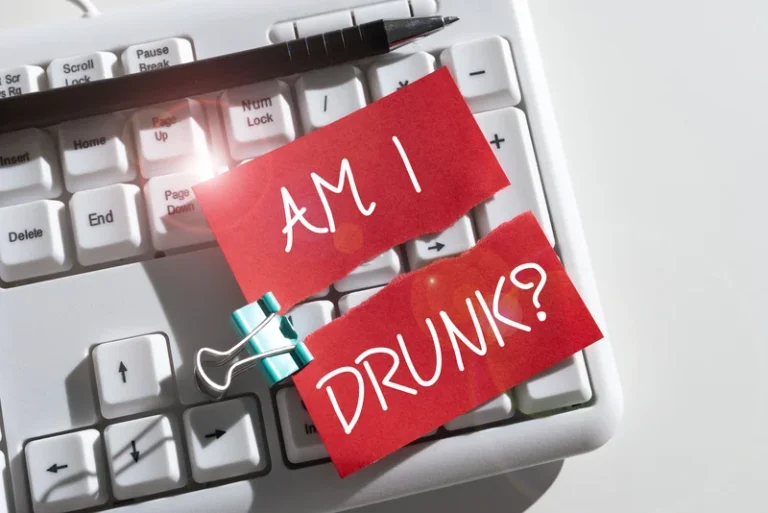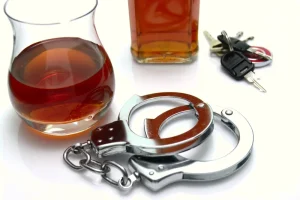
Acetyl-L-carnitine has been tested in clinical [102] and animal studies [103] for the treatment of chemotherapy-induced peripheral neuropathy. The decreases in nerve conduction velocity were significantly less in groups supplemented with acetyl-L-carnitine. In addition, acetyl-L-carnitine did not interfere with the antitumour effects of the drugs. Alcoholic neuropathy https://ecosoberhouse.com/ is damage to the nerves that results from excessive drinking of alcohol. The damage may affect the autonomic nerves (those that regulate internal body functions) and the nerves that control movement and sensation. Hawley et al. followed up 11 patients with alcohol-related neuropathy who were abstinent from alcohol and who had begun to consume a normal diet [67].

Mục Lục Bài Viết
History and Physical
In an animal study, it has been found that chronic alcohol consumption in rats resulted in a significant depletion in thiamine diphosphate (TDP), the active coenzyme form of thiamine. Supplementation with benfotiamine significantly increased concentrations of TDP and total thiamine compared with supplementation with thiamine HCl [96]. An 8 week, randomized, multicentre, placebo-controlled, double-blind study compared the effect of benfotiamine alone with a benfotiamine complex (Milgamma-N) or placebo in 84 alcoholic patients.
- It has previously been considered in relationship to nutritional, especially thiamine, deficiencies seen in alcoholics.
- The first step in treating alcoholic neuropathy includes stopping alcohol use altogether.
- While alcohol-related peripheral neuropathy (ALN) may not be completely reversed, there are many different options to treat the paresthesias and dysesthesias of peripheral neuropathy.
- The ethanol consumption of these patients was more than 100 g day–1 for more than 10 years.
- Alcohol causes neuropathy via multifactorial processes, many of which are still under investigation.
- Abstaining from alcohol can help restore your nutritional health, improve your symptoms, and prevent further nerve damage.
Causes of Alcoholic Neuropathy
- These include direct or indirect effects of alcohol metabolites, impaired axonal transport, suppressed excitatory nerve pathway activity, or imbalance in neurotransmitters.
- Treatment may involve nutritional supplementation, pain management, and abstaining from alcohol.
- It also impacts the myelin, which is the fatty coating that protects the nerves.
- Electromyography and nerve conduction tests are performed in order to reveal signs of ALN.
- Treatment options include steps to quit alcohol use and managing symptoms of the disease.
- However, severe alcohol-related neuropathy may cause permanent nerve damage.
Symptoms include burning pain in the body, hyperalgesia (increased sensitivity to pain), and allodynia (a condition in which normal stimulus, like a soft touch, produces pain). Excessive, long-term consumption of alcohol can lead to malnutrition as well as nerve damage, and both contribute to the development of alcoholic neuropathy. Electrical nerve stimulation sends a small electrical current through the alcohol neuropathy skin and nerves that can help with sensitivities and pain, making it an option for treatment. Alternative therapies like chiropractic care, body manipulation, acupuncture, meditation, and massage therapy can be helpful in managing pain and symptoms of alcoholic polyneuropathy. The main goal of a treatment program for alcoholic polyneuropathy is to improve quality of life and offer relief from symptoms.

What are risk factors for alcoholic neuropathy?
The goal of treatment is to impede further damage to the peripheral nerves while also restoring their normal physiology. Behse & Buchthal [31] compared 37 Danish patients with alcoholic neuropathy with six patients with nonalcoholic post gastrectomy polyneuropathy. The authors noted that Danish beer at the time of the study contained thiamine and vitamin B6. Thus, deficiency of these vitamins was felt to be unlikely in Danish beer drinkers at that time and, indeed, measured vitamin concentrations were mostly normal.
Besides, the gastrointestinal and urinary systems are also affected and include the presence of diarrhea, constipation, nausea, swallowing difficulties, abdominal bloating, and urinary retention. A doctor will take a thorough health history and have you complete questionnaires related to alcohol intake to help diagnose these conditions. A diet poor in nutrients or avoiding eating can make nutritional deficiencies worse. The first step in treating alcoholic neuropathy is abstaining from alcohol, sometimes through rehab. Abstinence can prevent the progression and reoccurrence of neuropathy and, after a few months, improve symptoms in some people.
Early diagnosis and treatment can help increase your chances of fully recovering. Symptoms of alcohol-related neuropathy are similar to those of peripheral neuropathy. These can affect both your controlled and involuntary movements, as well as sensations. Alcoholic neuropathy is a condition in which drinking too much alcohol causes damage to nerve tissue. This article reviews alcoholic neuropathy and its symptoms, causes, and treatment.
Constant pain in the hands or feet is one of the most bothersome aspects of alcoholic neuropathy. As the condition progresses, the pain may vary in intensity, sometimes diminishing for months before worsening again. Another prominent effect of alcoholic neuropathy involves painful and uncomfortable sensations. Alcoholic neuropathy can result in hypersensitivity to touch and even resting pain.

Autonomic symptoms

Cardiac arrhythmias in patients with AAN might increase the probability of sudden cardiac death, which is probably due to toxic effects of alcohol on a cardiac muscle that is also observed in alcoholic cardiomyopathy [168, 169]. Chronic heavy drinkers may be at risk for several different alcohol-related neurological issues. Alcohol can have significant negative effects on the central nervoussystem (CNS). Drinking alcohol can also have negative effects on the peripheral nervous system (PNS).
- Here we discuss a few of the therapeutic options which are tried and could be tried for prevention and treatment of alcoholic peripheral neuropathy.
- Reduced glutathione is a major low molecular weight scavenger of free radicals in cytoplasm.
- Navarro et al. (1993) showed that nearly half of the alcohol-dependent patients without AAN symptoms and any aberrations in electrophysiologic studies presented abnormal SSR results [163].
- The best way to avoid the issue is to limit alcoholic consumption to 2 or fewer drinks per day for males and 1 or fewer for females.
Hailey Shafir is a Licensed Clinical Mental Health Counselor, Licensed Clinical Addiction Specialist, and Certified Clinical Supervisor with extensive experience in counseling people with mental health and addictive disorders. Referral to a substance abuse support group, such as Alcoholics Anonymous (AA), may help patients to cope with alcohol cessation. If liver damage is evident, appropriate consultation with a transplantation service is recommended. However, neuropathy is generally an exclusion criterion for transplantation. Your health care provider will perform a physical exam and ask about symptoms.

